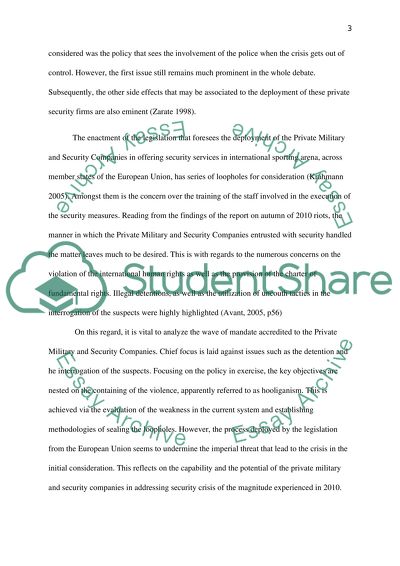Cite this document
(“European Union Law Essay Example | Topics and Well Written Essays - 2000 words”, n.d.)
European Union Law Essay Example | Topics and Well Written Essays - 2000 words. Retrieved from https://studentshare.org/law/1465926-european-union-law
European Union Law Essay Example | Topics and Well Written Essays - 2000 words. Retrieved from https://studentshare.org/law/1465926-european-union-law
(European Union Law Essay Example | Topics and Well Written Essays - 2000 Words)
European Union Law Essay Example | Topics and Well Written Essays - 2000 Words. https://studentshare.org/law/1465926-european-union-law.
European Union Law Essay Example | Topics and Well Written Essays - 2000 Words. https://studentshare.org/law/1465926-european-union-law.
“European Union Law Essay Example | Topics and Well Written Essays - 2000 Words”, n.d. https://studentshare.org/law/1465926-european-union-law.


